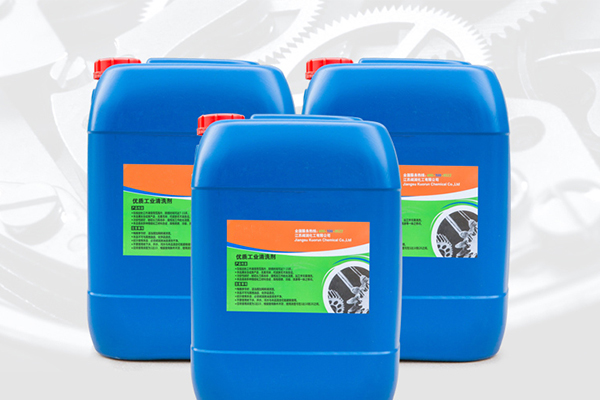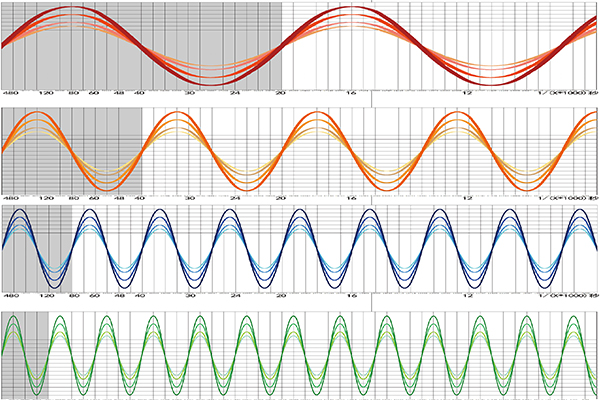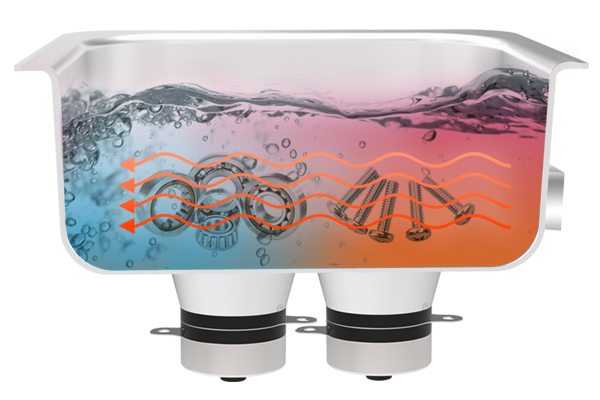Ultrasonic cleaning is a popular method for cleaning engine parts, including carbon deposits that can build up on the engine. However, the effectiveness of ultrasonic cleaning for engine carbon deposits depends on the severity of the buildup and the type of engine.
Here are the steps to clean engine carbon deposits using an ultrasonic cleaning machine:
- Remove the affected parts: Remove the parts of the engine that are affected by carbon buildup, such as the intake manifold, throttle body, or fuel injectors.
- Pre-clean the parts: Pre-clean the parts using a degreaser or solvent to remove any loose carbon deposits and dirt.
- Place the parts in the ultrasonic cleaner: Place the pre-cleaned parts in the ultrasonic cleaner basket or tray, making sure they are fully submerged in the cleaning solution.
- Turn on the ultrasonic cleaner: Fill the cleaning tank with a specialized cleaning solution for engine parts, and turn on the ultrasonic cleaner. Follow the manufacturer’s instructions for the recommended cleaning time and power settings.
- Rinse and dry the parts: After the cleaning cycle is complete, rinse the parts thoroughly with water to remove any residual cleaning solution. Dry the parts using compressed air or a clean cloth.
- Reinstall the parts: Once the parts are completely dry, reinstall them into the engine.
It is important to note that the effectiveness of ultrasonic cleaning for engine carbon deposits may vary depending on the severity of the buildup and the type of engine. In some cases, manual cleaning may be necessary to completely remove the carbon deposits. Additionally, ultrasonic cleaning may not be suitable for all engine parts, such as those made of aluminum or other soft materials that can be damaged by the ultrasonic waves.
Cleaning video
Also:How to determine if an engine needs to be cleaned?
Here are some common signs that indicate an engine may need to be cleaned:
- Reduced performance: If the engine’s performance has decreased, it may be due to the buildup of carbon deposits, oil sludge, or other contaminants. Cleaning the engine can help restore its performance.
- Poor fuel efficiency: If the engine is using more fuel than usual, it may be due to the buildup of carbon deposits or other contaminants that are causing the engine to work harder than it should.
- Excessive exhaust emissions: If the engine is producing excessive exhaust emissions, it may be due to the buildup of carbon deposits or other contaminants that are affecting the combustion process.
- Noisy engine operation: If the engine is making unusual noises, such as knocking or tapping, it may be due to the buildup of contaminants that are affecting the engine’s performance.
- Visual signs of buildup: If there is visible buildup of carbon deposits, oil sludge, or other contaminants on the engine, it may be time to clean it.
In general, regular maintenance of an engine can help prevent the buildup of contaminants and extend its lifespan. If you are unsure whether your engine needs to be cleaned, consult with a mechanic or the manufacturer for guidance.




